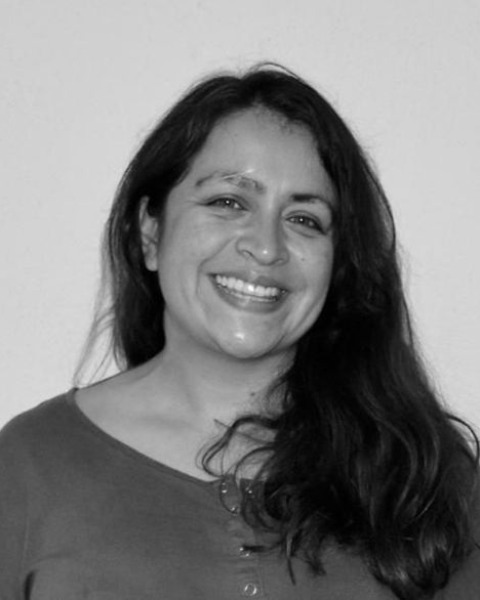International and Cross Cultural Evaluation
Redefining who and what is valued most: Telling stories from evaluations in ways that challenge us to think differently about knowledge and power
-

Carla Caxaj, BA (she/her/hers)
Program Officer, Monitoring, Evaluation and Learning
Oxfam Canada, United States
Presenter(s)
Location: Room 202
Abstract Information: The process of translating knowledge must be both dynamic and intentional. At Oxfam Canada, the International Programs and Communications departments have increasingly worked together to share our learning in a way that is consumable by a variety of audiences using the art of storytelling. In doing so, we seek to make decisions that are creative, technically sound, and multi-layered. This workshop will present a variety of ways that Oxfam Canada staff have translated learning, including through video, photos, website profiles, and stories designed to illustrate impact. Both evaluation and communications staff from Oxfam Canada will share best practices and lessons learned, including personal experiences, on how they work together to overcome challenges related to this work. At the end of this workshop, attendees will have the opportunity to practice taking content from a formal evaluation and transforming the technical language into publicly facing, accessible material that tells a story through data. This practice will mirror the process undertaken by Oxfam Canada staff who did a similar exercise to develop the case studies highlighted in the “Measuring Change with a Feminist Lens” web page (https://www.oxfam.ca/measuring-change-with-a-feminist-lens/). Through this session, participants will gain a greater understanding of the opportunities associated with translating knowledge, especially across disciplines, as well as the challenges that can arise when doing so.
Relevance Statement: For more than a decade, Oxfam Canada has been developing and refining feminist approaches to assess and learn from its projects in ways that challenge us to think differently about knowledge and power – redefining who and what is valued most. This includes proactively considering accountability and learning, in addition to monitoring and evaluation, as key elements of a monitoring, evaluation, accountability and learning (MEAL) practice. To do so, we seek to ensure that any knowledge that emerges from projects is accessible and relevant to our partners and the people we work with, and we continually take steps to apply such knowledge in the process of making evidence-based decisions. At Oxfam Canada, our approach to MEAL work is as important as any of the specific processes used or outcomes measured. As part of generating evidence, at Oxfam Canada, we emphasize a combination of leveraging feminist approaches to research, MEAL, and knowledge translation and communication. Our Feminist Knowledge Strategy (https://www.oxfam.ca/publication/oxfam-canada-feminist-knowledge-strategy/) provides a fulsome description of how this approach helps us to support and set the building blocks for broader gender transformation. A key part of using this Strategy is to proactively translate the data and information collected through research and MEAL into knowledge in a variety of ways to influence change. Developing feminist knowledge translation and communication plans is therefore a key part of broader movement-building. Emphasizing knowledge translation allows us to increase the potential of using knowledge as a tool to make space for marginalized voices, shift attitudes, link local actors, and connect local efforts to global movements. Knowledge translation and communications are not the same thing. They are separate, but intrinsically linked processes. Whether knowledge is fed back into project implementation or future projects, used for campaigning and advocacy purposes, or used to develop learning and awareness-raising tools with partners and communities, the intent from the beginning is activist-aimed knowledge for transformation.
